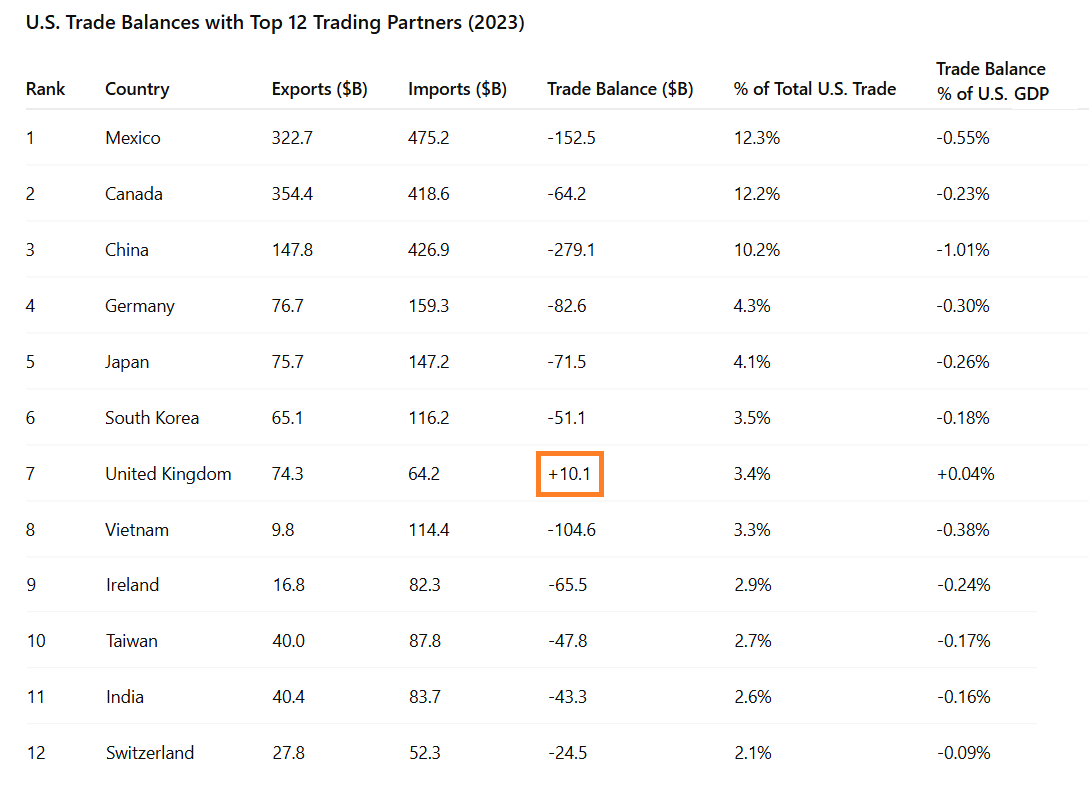Well before coronavirus, the world economy was in a cyclical slowdown amid record indebtedness and the most overvalued, highly levered, complacent and passively allocated asset markets in history. This was always a house of cards looking for a nudge.
An extended shutdown of China–the world’s second-largest economy driving a third of global GDP with knock-on effects through world supply chains, commodities, trade and travel, is a big nudge. Highly indebted companies and households have little ability to ride out periods of lost revenue without crisis, defaults and contagion.
At the same time, years of price-indiscriminate, trend-following (mindless) asset-buying have bet trillions on the fantasy of never-ending expansion and central banks able to solve all ills. Former President Herbert Hoover expressed similarly misplaced confidence in the early days of the market collapse in 1929 when he said:
“Fortunately, the Federal Reserve had taken measures to strengthen the system against the day when speculation would break, which together with the strong position of the banks has taken the credit system through the crisis without impairment”
With baby boomers now aged 56 to 74, compared with 43 to 61 in 2007, and 36 to 54 in 2000, the hit to retirement savings this time will be unrecoverable for many. The time for a sober review of risk exposure and loss-tolerance is now, not later. Market declines of 50% plus would be a run-of-the-mill end to this cycle of epic financial recklessness.
Corporation-sponsored media firms like CNBC have played a huge roll in cheer-leading the madness of crowds over the past 20 years. Even where guests recommend caution (like El-Erian below), the hosts understate loss potential all the way down. It’s what they do.
Economist Mohamed El-Erian told CNBC on Tuesday that investors should hold off on buying equities that were hit hard in the latest coronavirus-driven plunge. Here is a direct video link.


